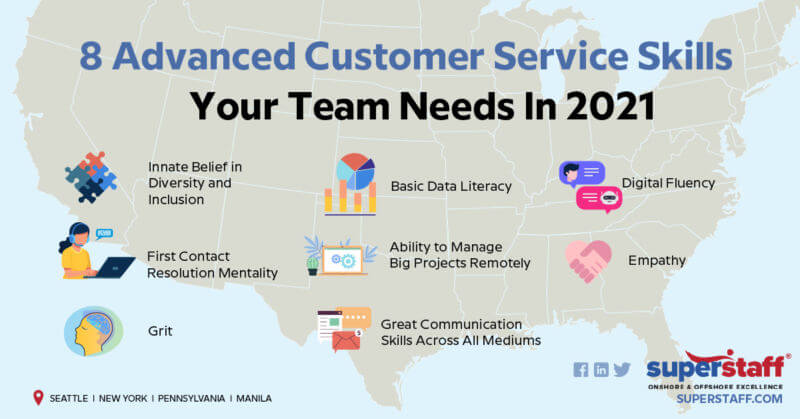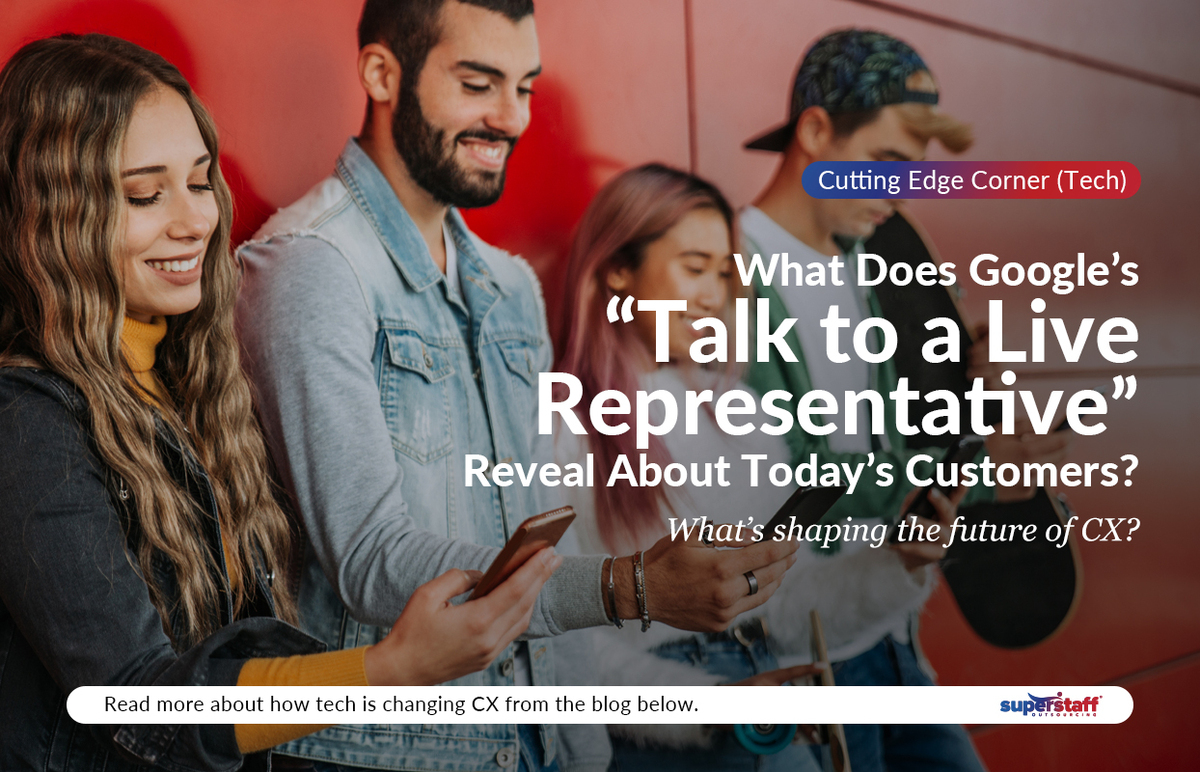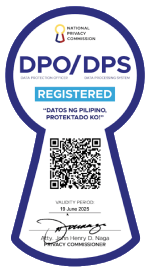
Consumer expectations have drastically evolved, increasing the demand for brands to upgrade how they render customer service. As we celebrate this year’s Customer Service Week, let’s take a look at the customer service skills relevant today. Let’s also see how outsourcing solutions can help companies keep up with the changing customer demands.
List of the Most Relevant Customer Service Skills and What Outsourcing Solutions Bring to the Table
#1 – Innate Belief in Diversity and Inclusion
Data shows that 64% of consumers will likely purchase from a brand that displays a commitment to diversity and inclusion. Standing on the front line of customer touchpoints, your customer service agents must be strong advocates of diversity and inclusion. And the most effective way to turn them into such is to give them first-hand insights.
Empower From Within
Agent experience impacts the customer experience. If you want to build a strong relationship with a diverse market, cultivate a diverse and inclusive workplace. According to a Harvard Business Review study, cognitively diverse teams are better problem solvers than teams with members sharing similar perspectives.
Here are some tips to get started on fostering a diverse and inclusive culture:
- Build a diverse workforce by tapping an outsourcing solutions provider with access to global talents.
- Raise awareness about DE&I among your team leaders and managers.
- Hold leaders accountable for bridging inequalities in the workplace.
- Facilitate continuous training and open dialogues about topics involving diversity and inclusion.
#2 – Grit
Defined by Merriam-Webster as “firmness of mind or spirit,” grit involves keeping one’s emotions and triggers in check. Grit may sound like a tough word, but it is one of the critical soft skills every customer service agent should possess. The strength of character is especially significant as COVID-19 affects the emotional and mental capacity of workers today.
Why Grit Matters
Consumers—who are as demanding as ever—rely on customer service for solutions on nearly everything. A Harvard Business Review study showed that an average company received 100% more ‘difficult’ calls in 2020.
Such an environment can cause the agent to get frustrated or lose temper, which should never occur in a customer service setting. A customer’s single negative interaction with an agent can have devastating impacts on your brand:
- 51% of consumers will switch brands following 1 or 2 negative experiences.
- 95% of customers will never buy from a brand again following three (or fewer) negative customer service experiences.
#3 – First Contact Resolution Mentality
First impressions still last. And in the customer service arena, it may last for life. A single negative interaction is enough to lose a loyal patron or gain a lifelong detractor. Customer service agents must have a one-and-done mentality and aim to resolve customer concerns on the first interaction. Studies show that:
- 78% of customers expect to solve complex issues by speaking to one person
- 73% of customers say that quick resolutions constitute a significant indicator of good customer service
Having a first contact resolution mentality is also about anticipating what your customers want within 10-15 seconds of the call.
#4 – Great Communication Skills Across All Mediums
Effective communication is centered on the audience, which in our industry are the customers; customers that use multiple channels to interact with brands—from phone and email to chat and social media. And across different mediums, customers’ behaviors and motivations vary.
Your customer support solutions team must know how to communicate according to the customer’s medium of choice effectively. A study shows that businesses with effective omnichannel customer engagement strategies have an 89% customer retention rate.
Personalization Is the Key
While customers’ behavior varies across channels, they all want one major thing in common: a personalized experience.
- 80% of consumers are more likely to purchase from brands that provide a personalized experience (Epsilon).
- 77% of customers would recommend brands that provide a more personalized experience (Gladly).
- Brands that have display poor personalization are likely to lose 38% of their customers (Gartner).
Customer Service Agents as Role Players
One effective way to create a personalized experience in real-time is to mirror the customer’s language and tone. Customer service agents must know how to role play and adjust communication styles.
The marketing department can empower the customer service solution team to fulfill this goal by collaborating with them in building customer personas. Doing so will give the customer support team better insights into the key traits of consumer segments that use specific mediums.

# 5 – Basic Data Literacy
Data is the new “firepower,” so to speak. Organizations that rely on data are 23 times more likely to acquire new customers than their competitors. They are also expected to experience growth of more than 30% annually.
The Big Gap in Big Data
Many enterprises lag behind data science and literacy efforts mainly due to a lack of expertise and resources.
- 63% of employees find it challenging to gather insights from data within a specific timeframe.
- Most organizations analyze only 12% of data.
- Only 14% of companies have data widely accessible to their employees.
- 48% of organizations do not conduct data training.
Bridge the Gap Through Customer Support Outsourcing
Your customer service team need not comprise data scientists, but they should at least know how to interpret data-driven reports. It doesn’t hurt to have a basic understanding of analytics, visual reports, and other critical technology that offer valuable insights into your customers and other aspects of your business.
Tapping an outsourcing solutions provider that offers access to critical data science technology and data analytics services can help improve data literacy within your organization.
#6 – Digital Fluency
Digital fluency x emotional intelligence elevates customers’ experience. Today’s consumers want an experience that is as efficient as technology yet as unique as humans.
- 80% of Gen-Z and millennial consumers expect brands to use new technologies to create better experiences.
- While 78% expect brands to use existing technologies to create better experiences.
- 62% of direct consumers and 78% of B2Bs form a general perception about a company based on how they use technology.
Collaborate With Technology to Raise Engagement
Customer support outsourcing teams must be smart with their use of technology. Too much reliance on artificial intelligence can make the experience more transactional rather than personal. On the other hand, underutilization of smart technology can impact customer engagement and result in a poor experience.
Customer service agents must know how to elevate genuine human experiences by leveraging artificial intelligence. They should see technology as a partner for fixing pain points—both their own and the customers’.
According to about 56% of customers, bots are helpful for simple concerns. Use artificial intelligence to perform triage so customer service solution teams can prioritize the more complex tasks that require human interaction.
#7 – Ability to Manage Big Projects Remotely
The COVID-19 pandemic forced many businesses to adopt a remote setup with little preparation. Not everyone is equipped to transition and avoid the possible pitfalls of the new arrangement.
If your business is among those who made the timely move, you’ll also be needing a team of customer service representatives that embraces the challenging nature of working remotely. It’s an entirely new ball game, with emotional capacity and physical distractions challenging today’s customer service professionals.
#8 – Empathy
In this age of uncertainty, customers are in dire need of reassurance. This does not necessarily mean that they are simply after a guarantee that their issues will be resolved. More importantly, customers are after an assurance that they are, first and foremost, understood. This is among the reasons why empathy is a key skill that every customer service agent should display.
Empathy is about establishing a connection with the customer on a human-to-human level. And the sole, most effective way to achieve this is through communication.
Communication is a two-way street that requires listening and speaking. In customer service, these words can’t stand on their own. Listening must be active, and speaking must use positive language.
Active Listening
Active listening means listening to both what the customer is saying and not saying. It is about understanding where your customers—along with their frustrations, anxieties, and even hostility—are coming from. To achieve this, ask follow-up and clarifying questions. Occasionally repeating back what the customer said is also a great way to make them feel heard and understood.
Positive Language
“It’s not what you say but how you say it.” This cliché explains perfectly what positive language means. Sometimes, an immediate solution is not available, or the resolution is not what the customer wants. In such cases, it is essential to choose the right words to explain the matter to the customer clearly, honestly, and caringly.
Level Up Customer Service With Solutions From SuperStaff
When it comes to customer service skills, SuperStaff sets the benchmark. We continuously elevate our people by empowering them with relevant training, modern technology, and a safe and inclusive workplace. This makes us the ideal partner for customer service outsourcing for startups and established businesses alike. Contact SuperStaff today to learn more about our outsourcing solutions.
SuperStaff has been recognized as one of Top Call Center Companies by DesignRush.





